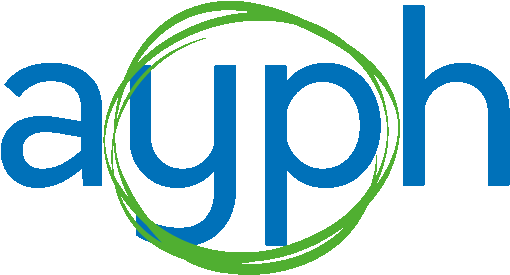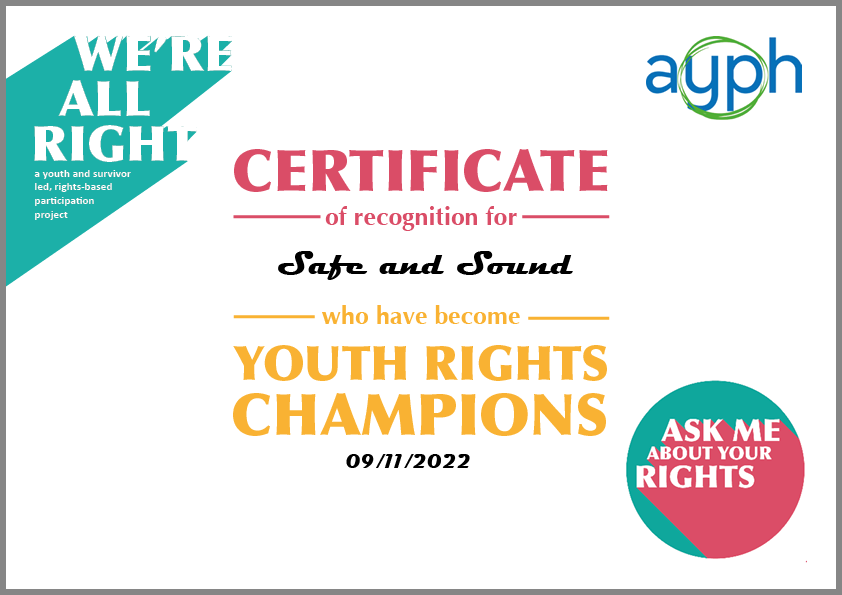The AYPH We’re All Right project has developed a learning hub where individuals and organisations can practice and improve their responses to young people who have experienced sexual violence and other traumas. Learners also have the opportunity to become certified Youth Rights Champions if they can support a group of young people they work with to develop their own rights-based approach. We asked Safe and Sound, one of our partner services to pilot this process and give us feedback. We think this post demonstrates how much an organisation, individual staff members and young people can gain from becoming Youth Rights Champions.
Lindsay Starbuck, AYPH Youth Participation Coordinator

by Helen West and Iain Adams, Safe and Sound
Safe and Sound recently celebrated 20 years of preventing and disrupting child exploitation and as a charity working with vulnerable children on the frontline, we often act as advocates for children in all aspects of their lives. As such, we pride ourselves on working with children to achieve their goals and transform their lives for the better. Given the opportunity to further our knowledge and become Youth Rights Champions by AYPH, we have now worked with a group of young people to create their own rights-based approach which we are actively working to implement into our strategy.
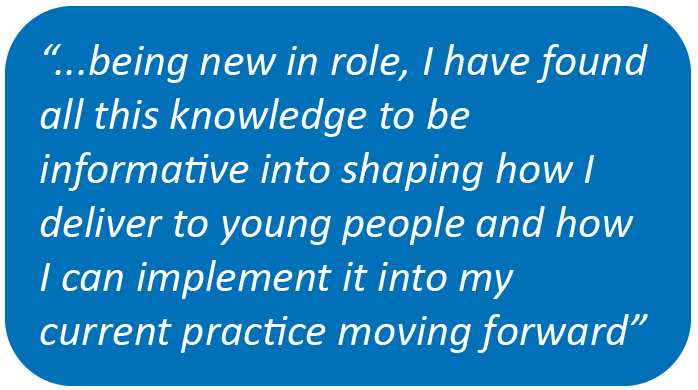
All of our staff have completed the modules available on the learning hub and I can personally say that I have improved my practice as a result. These modules helped me understand the pros and cons of various approaches taken by other organisations working with children and allowed me the opportunity to reflect on my own practice in comparison so that I can incorporate the positives into my work.
One specific statement resonated with me long after I completed the modules: ‘if young people don’t know their rights, how can they know if they’ve been violated?’ That was the question we kept going back to when working towards becoming a Youth Rights Champion.
For example, it has strengthened my resolve to challenge ‘blanket policies’ used by external agencies and question why children’s unique circumstances are sometimes disregarded when decisions are made. It has also reminded me that children have many options and it is always important to present to them all of their viable options so that they may make free and informed decisions, as opposed to presenting to them limited options that professionals prefer.
I enjoyed these modules more than some of the other training I’ve been on in the past because it was from the point of view of real people who have worked with young people or young people themselves. The resources were genuine and of true substance, without that distant and apathetic tone some other training providers employ.
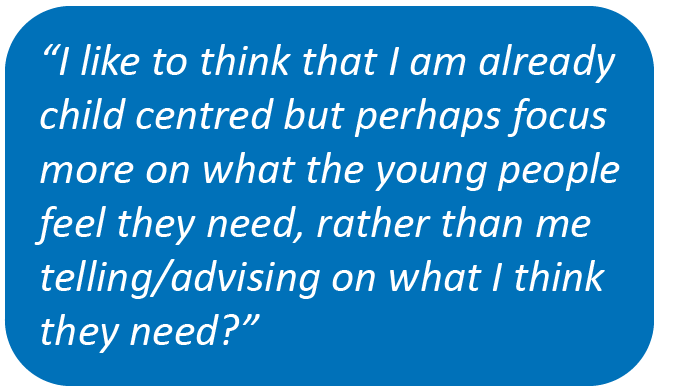
When designing the sessions to create a rights-based approach, we ensured to invite a diverse range of young people to promote inclusivity in the approach. Of our total young people, 33% were BAME, 44% LAC or care leavers and 22% identify as having a disability. The ages of the young people were between 12 and 17.
To prepare the young people for the sessions, we provided them with a copy of the UN Convention of Rights of the Child and explained the idea behind the project. When asked ‘what’s the point of it?’ by a young person I work with, I told her ‘to tell us what you want us to do.’ I think that answer and the promise of pizza confirmed her attendance. On the day of our first session, it was clear there was a lot of nervous energy in the room. We made a round of introductions, did some icebreaker activities and fell into easy conversation about what it’s like to be a young person in 2022. The nervous energy gradually dissipated, in its place a joint drive to voice opinions and identify possible solutions to each other’s problems.
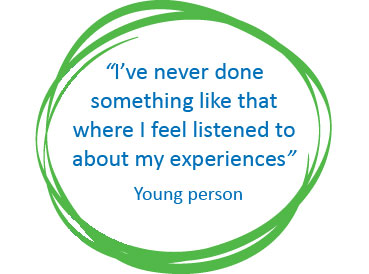
Children spend a lot of time at school and so they voiced their issues with school and problems they have at home. Surprisingly, however, the conversation turned to how children are not protected online. It seems almost everyone had a story about when they were approached by a stranger online or sent an unsolicited photo, the sender having no regard for the fact they were communicating with a child.
There was a general consensus that young people’s access the internet/social media enables them to communicate with friends, develop interests and have fun, but that they are forced to navigate their way through unwanted situations/media with little to no protection outside of themselves.
Due to the success of the first session, our second session was scheduled to be longer. We decided to ask our young people beforehand which aspects of the UN convention they cared about most and made those articles the focus of our second session. We followed a very simple structure for each article, noting whether it was in use in the young people’s lives, where it was in use and if not, suggestions on how it could be used in a real and useful way. We asked them for feedback on our practice too. This allowed us to gain tangible information that could be put into the rights-based approach without stifling their open discussion with closed questions. There were moments where we had to steer the conversation back to the UN convention and away from topics like whether there is extra-terrestrial life on Earth on other planets, but it was generally quite easy to take a step back and simply observe the discussion. After all, we wanted their unfiltered, honest opinions, not moderated views to appease us.
The young people were insightful, giving us suggestions we had not considered. Once we had completed the sessions and created the rights based approach, we asked the young people to provide feedback on our report so we could adapt it accordingly. The main outcome other than the implementation of the rights-based approach into our strategy was the development of a project focused solely on gaining feedback from young people on our service. This will occur quarterly, with various aspects of our practice up for review, hopefully with appearances from our CEO and trustees.
If you and your organisation would like to become Youth Rights Champions
